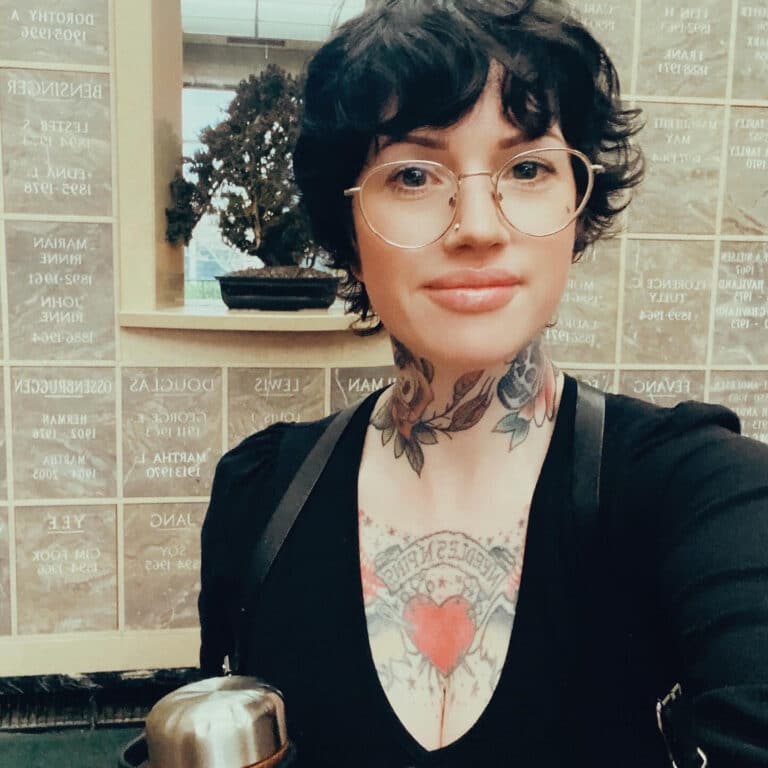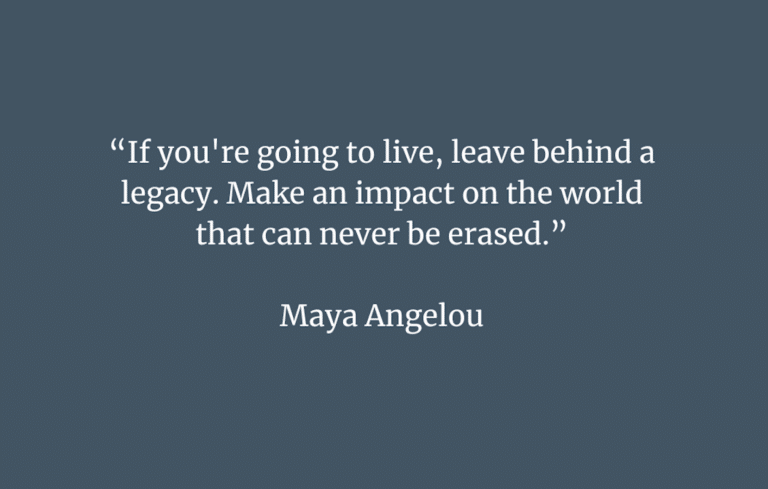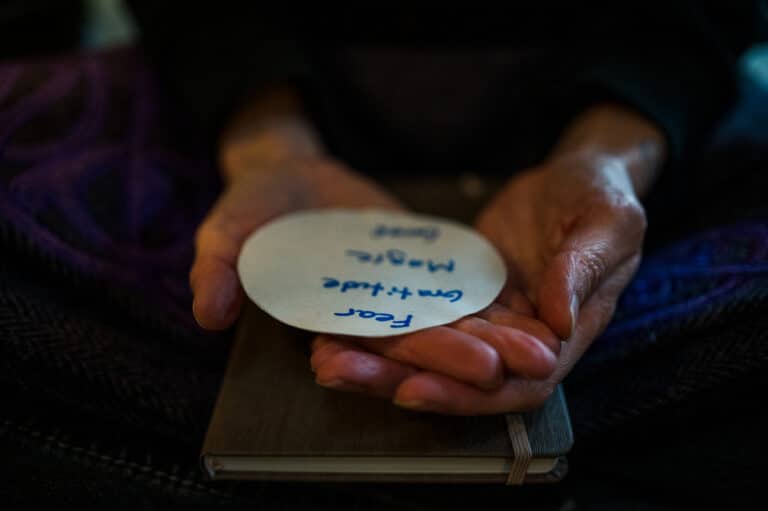In recent years, there has been a remarkable shift in mindset when it comes to death and dying, especially as it relates to grief. Canadians are beginning to seek alternative approaches to end-of-life care, with a growing interest in personalized rituals and ceremonies.
This changing perspective has led to a growing demand for death doulas, or end-of-life doulas — someone who provides non-medical care to those facing death during this profound time. This can include mental, emotional and spiritual support, and is client-directed, meaning death doulas work with individuals to best determine what’s needed and helpful.
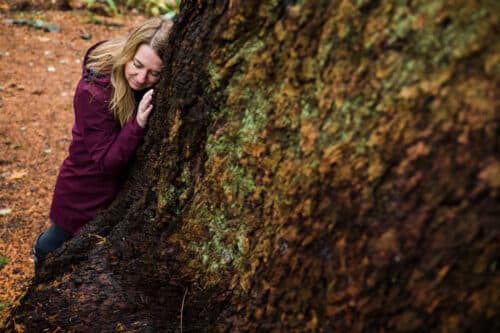
Our co-founder, Megan Sheldon became a death doula after experiencing multiple pregnancy losses and the diagnosis of a terminal illness of a close family member. During her training, Megan began to see the connections between birth, death, and all of the moments in between, which inspired her to explore ways to invite ritual and ceremony into the end-of-life realm.
So what exactly does a death doula do? How do they provide a more personalized and holistic approach to end-of-life care? How do ritual and ceremony play a role in this process? And finally, where can I find resources and community in the end-of-life landscape? Let’s dive in.
What do death doulas do?
The word “doula” comes from the Greek word meaning “woman who serves”. Just as a birth doula supports women during birth, a death doula supports the dead, the dying and their loved ones during the dying process and beyond.
Death doulas support the dying and their community with compassion and companionship. Death is a process and grief is a complex and individual experience. Research has shown the significance of addressing emotional and existential distress in end-of-life care, emphasizing the need for compassionate support throughout the dying process.
Unlike hospice workers, death doulas don’t get involved in medical issues. Instead, they adopt a holistic approach, providing emotional, spiritual and practical support, as well as a safe space to have open dialogues and navigate the complex emotions that arise during the end-of-life journey and have open and honest communication.
Ritual and ceremony are essential — and death doulas can help
Over the years, there is a growing body of research unveiling the scientific benefits of rituals in coping with grief. Held in an extraordinary array of shapes and forms, rituals serve as a way to mark important events and transitions, including death.
A ritual is an intentional action taken with the hope of creating meaning, and ceremony is a series of rituals, each one strung together to create a larger story. Together, they offer us an opportunity to set our intentions and move through times of change and transition with attention and intention.
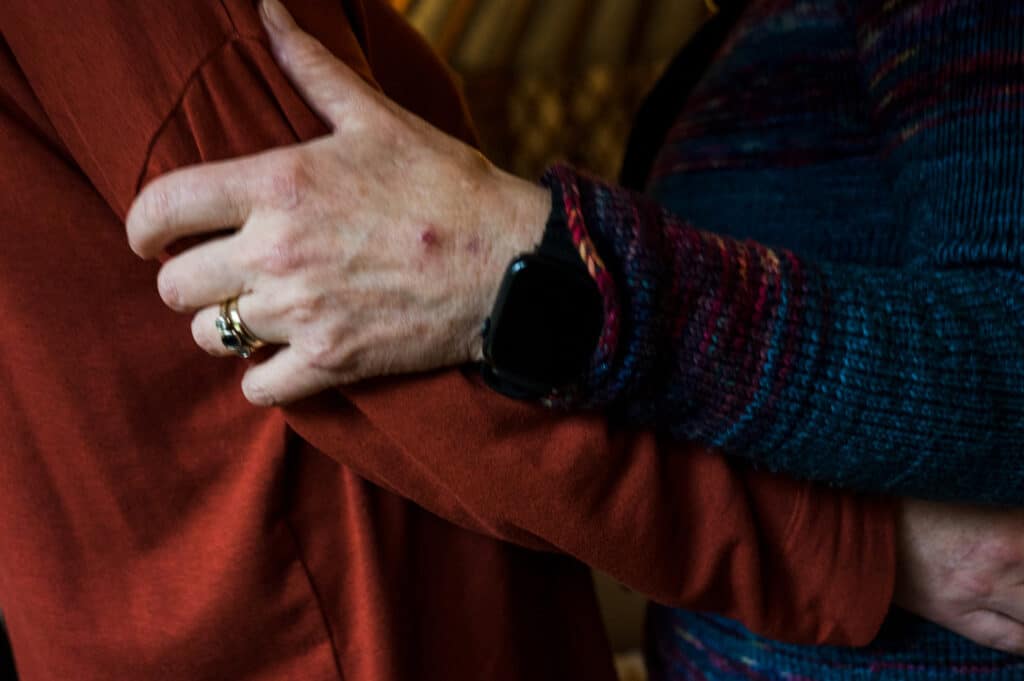
Death doulas who use Be Ceremonial can help recognize the importance of rituals and assist in creating meaningful and personalized end-of-life ceremonies tailored to the individual. These rituals can range from simple acts of remembrance to more elaborate ceremonies that celebrate a life well-lived.
We have a thriving community of Death Doulas using our App and participating in our Village, as well as people who are ceremony-curious and simply want a place to start when it comes to bringing more ritual into the end of life journey.
Becoming a death doula
As death doulas gradually become a more commonly known profession, training and programs become more widely available across the country.
- Douglas College’s End of Life Doula program: Founded in 2016 by Jennifer Mallmes, a long-time palliative caregiver and co-founder of the End of Life Doula Association of Canada (EOLDAC), to teach others how to offer emotional support to dying people and their families. Douglas’s program has since trained 2,500 aspiring death doulas, in-person and virtually. The EOLDAC is helping to raise the standard of End of Life Care.
- International End of Life Doula Association (INELDA): INELDA provides end-of-life training for those who want to become a death doula.
- National End-of-Life Doula Alliance (NEDA): Learn how you can become certified and credentialed for ethical and professional end-of-life doula practice.
- Going with Grace: In their unique 12 module online program, you will learn the major pillars of death care—emotional, practical, legal and spiritual.
- University of Vermont’s End of Life programs: The university offers end-of-life care programs for both people and animals.
Finding comfort in community
Death doulas constantly bear witness to grief and loss. To sustain their ability to provide compassionate care, it is essential for them to prioritize their own wellbeing and learn from each other.
Death Doula Network International, led by Jo-Anne Haun and Karen Hendrickson, supports newly trained death doulas who are looking to connect with others in the field, giving them a place to call home as they begin their journey.
INELDA offers Peer Mentoring Groups for their end-of-life doula members, giving them a chance to connect and collaborate with other INELDA-trained end-of-life doulas for networking, idea exchange, and conversations.
Going with Grace has created the Death Doula Den, an online community for Death Doulas and Community Healers of any experience level and we welcome doulas who have received training, mentorship, or learned through colloquial or community means.
The International Doula Life Movement has an online platform that supports doulas, educators, and anyone who wants to develop relationships within a community of like-minded people.
Be part of the Be Ceremonial Village
We are beyond pleased to announce the launch of Be Ceremonial Village, a place for our members to learn, share and connect with us, with each other, and with their own ritual practice! We have lots of Death Doulas / End of Life Doulas in our Village and there is a mountain of wisdom to share and receive.
Attend our in-depth courses and engage in guided conversations ranging from grief & loss to end of life to self & community care. Download the Be Ceremonial App and start a monthly or annual subscription to become part of our Village.
